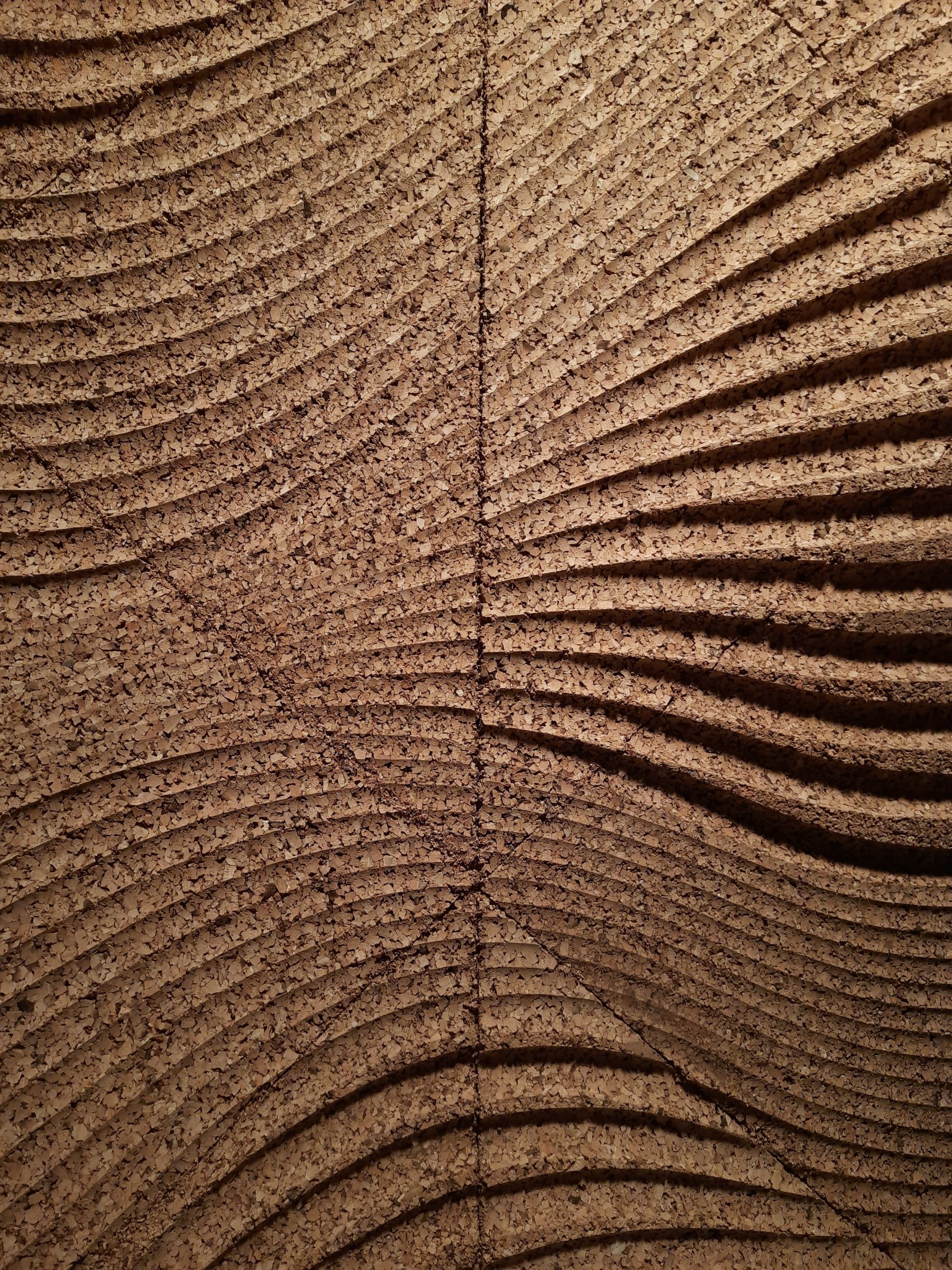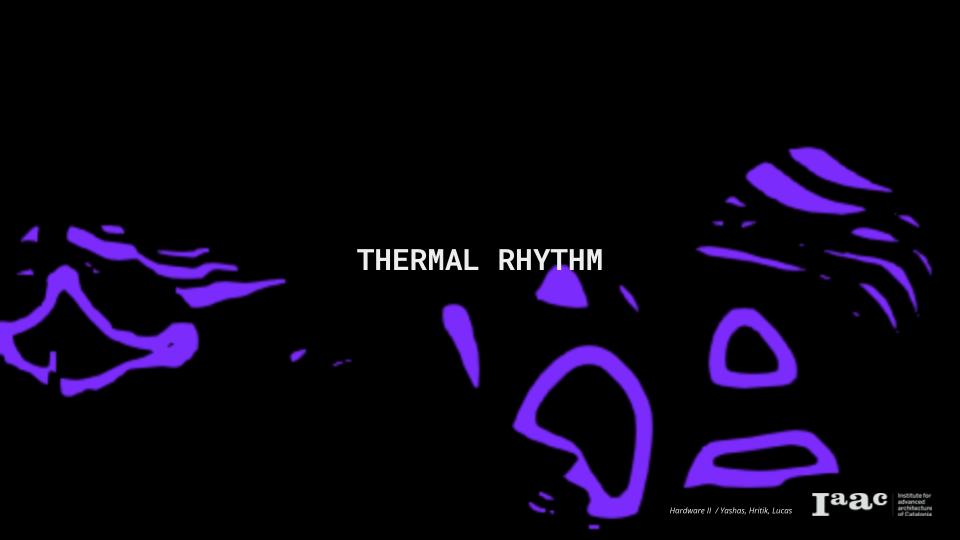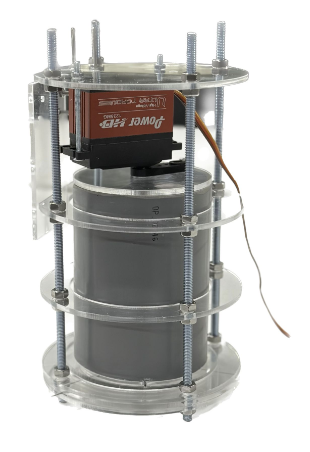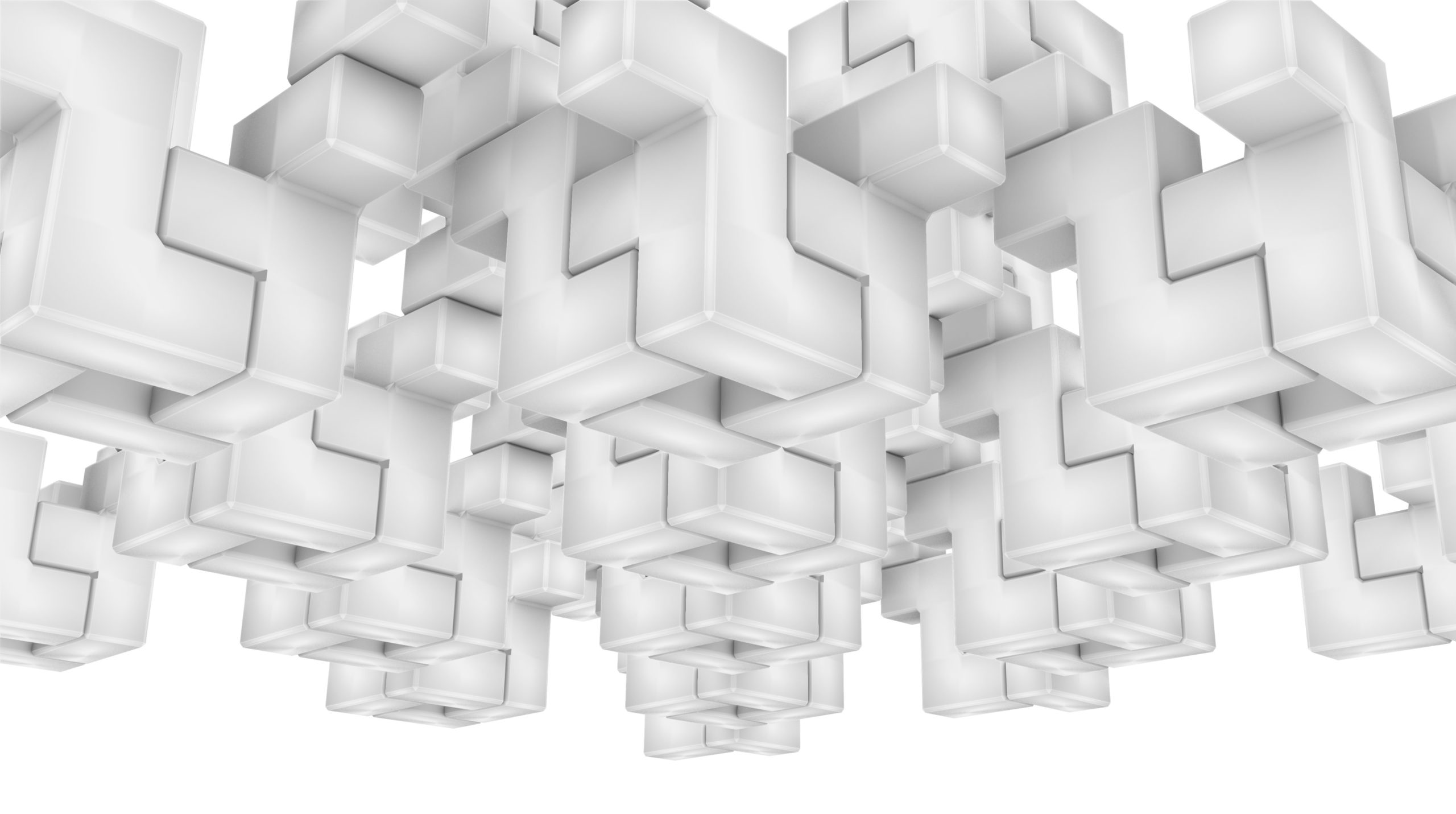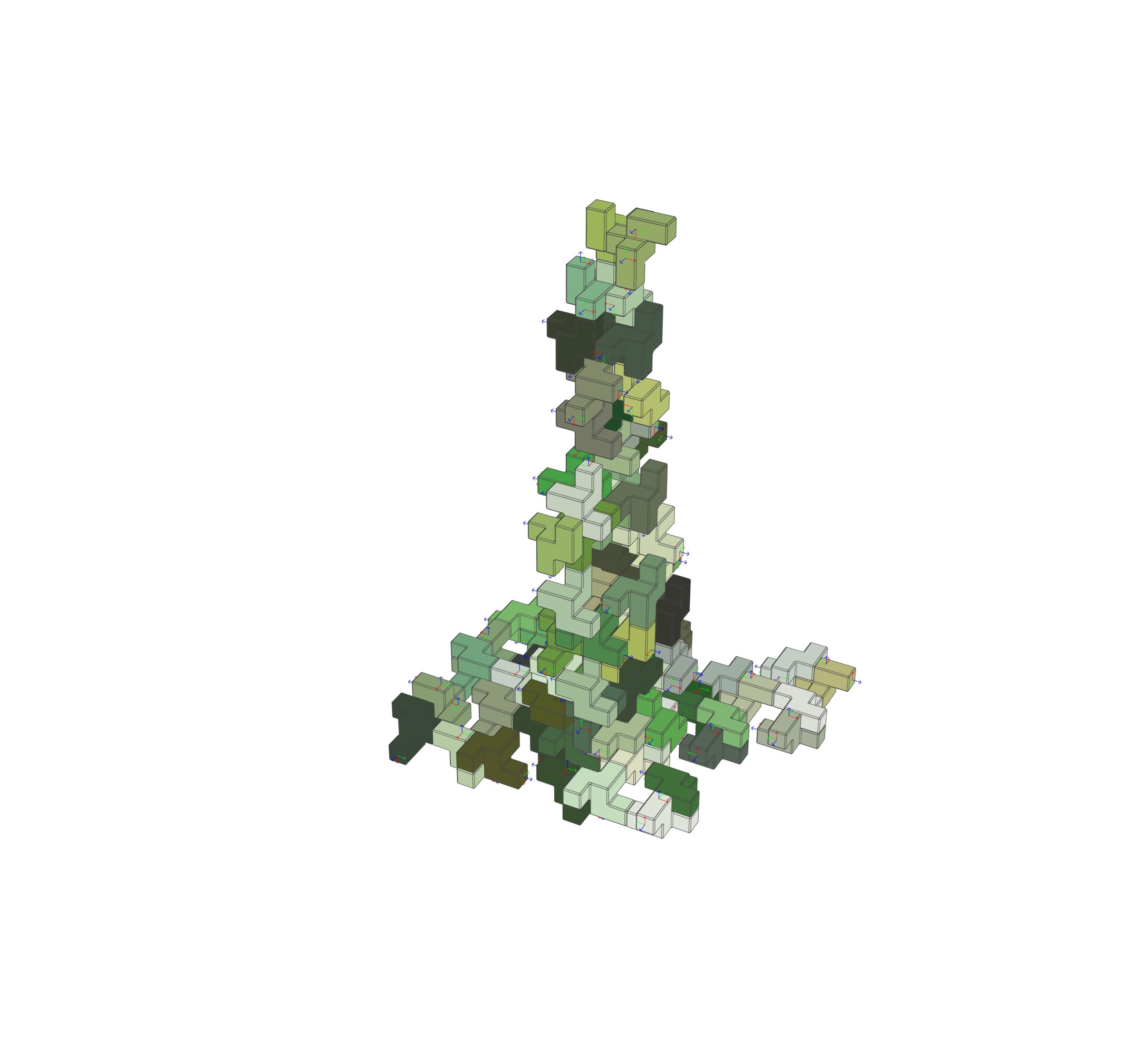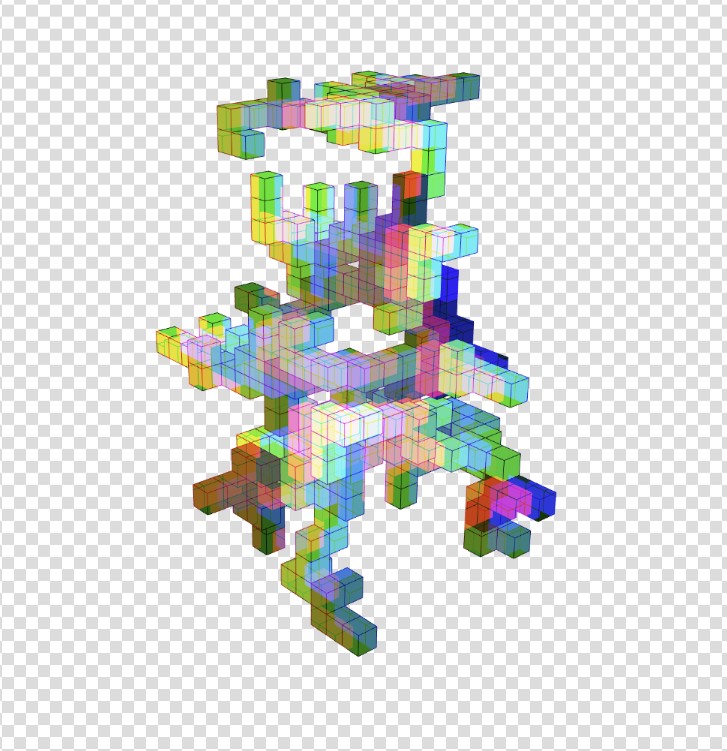The Master Programme in Robotics and Advanced Construction is an innovative educational format that offers interdisciplinary skills and understanding through a series of class seminars that are put into practice through hands-on workshops. IAAC gives students the opportunity to create individual studio agendas and develop Pilot Thesis Projects based on the knowledge acquired during the seminars and workshops split into 3 Modules. In this way, IAAC puts together an experimental learning environment for the training of professionals with both theoretical and practical responses to the increasing complexity of the construction sector.
Machine Learning for the Prediction of Clay Deformation
Optimizing 3D Printing with AI prediction Introduction In this seminar we applied the concepts of machine learning to estimate the deformation during drying of simplified 3D printed clay objects. To do this, we trained an artificial neural network (ANN) to predict the movement of discrete points within the printed object. This project is very relevant … Read more
Insightful Sensing
AIM \\ To create custom designed, 3D printed interior surface cladding, constructed of individual components with high quality surface finish and tolerance. CONTEXT \\ Last term we designed a dual end effector that would have an extruder and a wire cutter within the same tool, allowing us to post process the 3D printed pieces to … Read more
Thermal Rhythm
An interactive art installation that utilizes thermal imaging and real-time animation to create a captivating visual experience. The general aim of the project “Thermal Rhythm” was to generate an interactive art-wall in complete darkness which translates the human body movements into animations that controls or visualizes the emotions of the detected person through different colors … Read more
Ruled Stereotomic Manufacturing
Ruled surfaces are a way to address both simplicity in terms of design rules and at the same time complexity in terms of the outcome. In this workshop we aimed at defining design rules which are performance driven, to obtain modular geometries. Through parametrization and manipulation of computational workflows we generated paths and mapped them … Read more
A Canadian tried to make a pizza…
Robotics in food manufacture Exercise Create a moving end effector to be installed on the ABB arm robot using the actuators and electronic components reviewed in class. Inspiration Inspiration for this device stemmed from the integration of robots in the food industry. Additional inspiration was drawn from the Latching End Effector (LEE) on the Canadarm. … Read more
Investigating Computed Forms
Overview This project explores the complexity that can be derived from the interactions between a small number of simple components and assembly instructions using Anemone. Connection faces were assigned for simple components consisting of less that 10 voxels and basic assembly instructions were designated using Anemone. Selection of connection faces was based on the subsequent … Read more
Generative Assemblages
This project focuses on generative assemblages made out of multiple identical modules. The design of the component and the iterative logic will influence the final assemblage. At first the focus lies on the design of the component and the connection points between each of them without adding occlusion. This results in a random growth that … Read more
Computational Logic for Iterative Processes
The seminar mainly focused on the computational thinking and logic to design assemblages using iterative algorithmic strategies starting from a single module made out of basic cubes. The designed module was treated as the basic unit of computation, able to store and compute data. Starting from this initial element and position, the growth process was … Read more

